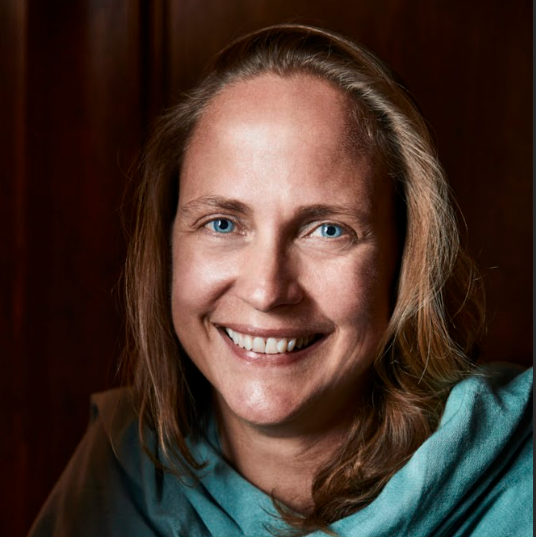Dr. Astrid J. Scholz is co-founder and CFO/COO of Armillaria, a tech-for-good company that creates digital infrastructure for more effectively and equitably mobilizing data, people, and capital towards addressing the most urgent challenges of our time. Integrating contemporary innovations in technology, finance, and law, Armillaria is focused on the development of incentives and mechanisms for achieving coordination at universal scale.
Astrid is also a co-founder and board member of Zebras Unite, a global movement for and by founders and investors who are building the businesses that are better for the world. Astrid was previously President of Ecotrust, a conservation-based development organization with more than $300M in assets under management. She holds degrees from the Universities of St. Andrews, Bristol, and California at Berkeley, and serves on the boards of Living Oceans Society, Habitat Media, and the nonprofit arm of Zebras Unite.











































